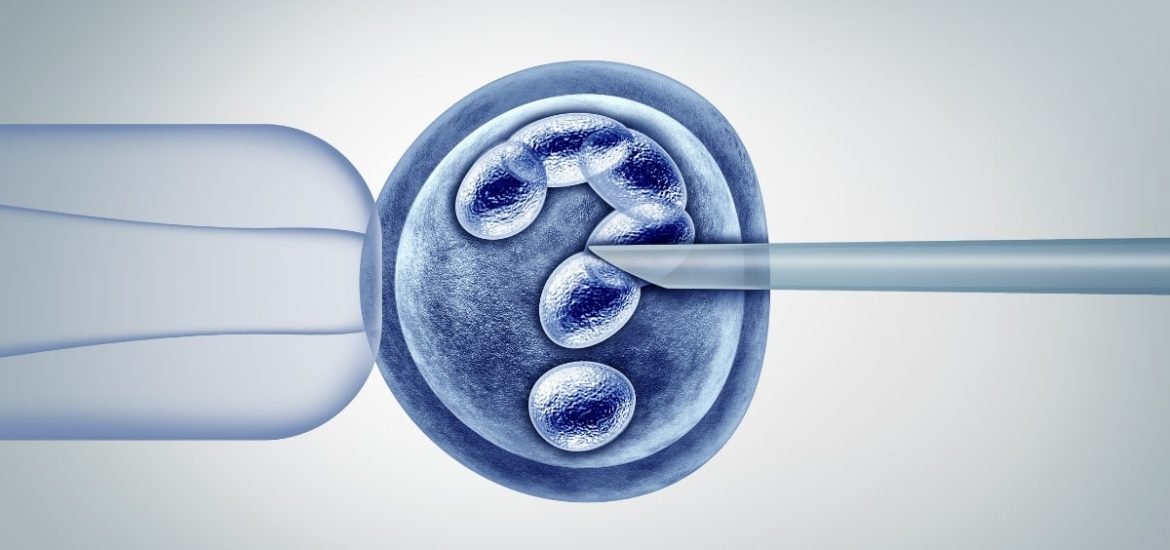
In a new commentary published on 13 March in Nature, an international team of scientists calls for a global moratorium on all clinical uses of human germline editing (1). In other words, banning the use of sperm, eggs, or embryos to make genetically modified babies. Importantly, the use of so-called germline editing could affect the entire human species.
The 18 signatories are scientists and ethicists from 7 countries who are involved in the gene editing field. The authors do not necessarily suggest a permanent ban, rather the development of an international framework such that no clinical germline editing should take place unless certain conditions are met. They also propose “a fixed period during which no clinical uses of germline editing whatsoever.”
However, this does not apply to the use of germline editing for research purposes unless the research does not involve transferring an edited embryo into a woman’s uterus. And it also does not refer to the clinical use of genome editing currently used on adult cells to treat human disease.
The initial pause would allow time for the international scientific community to develop the framework based on important the many technical, scientific, medical, societal, ethical, and moral considerations surrounding germline editing. The authors highlight that in some countries (around 30 nations), legislation banning the clinical use of this type of gene editing already exists.
At the end of the moratorium, any nation considering approving germline editing should:
- Gives public notice and engage in an international discussion.
- Evaluate the application in a transparent way.
- Obtain a societal consensus in the nation as to whether the application is appropriate.
Why is a global moratorium needed?
In the new commentary, the scientists provide a convincing argument as to why the moratorium should be adopted. In particular, they point to the recent controversial use of human germline genome editing by Chinese researcher Dr He Jiankui, scorned by many researchers as a “deeply disturbing” and “irresponsible” violation of international scientific norms. He purportedly used the CRISPR-Cas9 the gene-editing technique to “vaccinate” the embryos of two baby twins against the AIDS virus.
The scientists also raise a number of additional concerns:
- Other scientists aware of the work in China did not attempt to stop it.
- There has been an increase in interest in proposals related to the use of gene editing to enhance humans.
- No agreements are in place as to when, if ever, germline editing may be appropriate.
- No mechanism for dialogue on the issue currently exists.
Furthermore, for germline editing to become acceptable, a number of conditions still need to be met:
- Safety and efficacy must be ensured ― the risks of unexpected outcomes are still too high.
- Biological consequences of both individuals as a whole must be understood.
- The clinical case for using the technology must be compelling enough.
- Irrespective of all other requirements, there must be a societal consensus.
While nations may choose different paths in relation to human gene editing, the authors urge them “to proceed openly and with due respect to the opinions of humankind.” Moreover, they argue that any “decisions must not be taken by individual actors.”
Finally, in terms of a suitable framework, instead of an international treaty, they suggest that any “each nation should voluntarily pledge not to allow any application of germline editing unless certain requirements are met.”
(1) Lander, E. et al. Adopt a moratorium on heritable genome editing. Nature (2019). DOI: 10.1038/d41586-019-00726-5